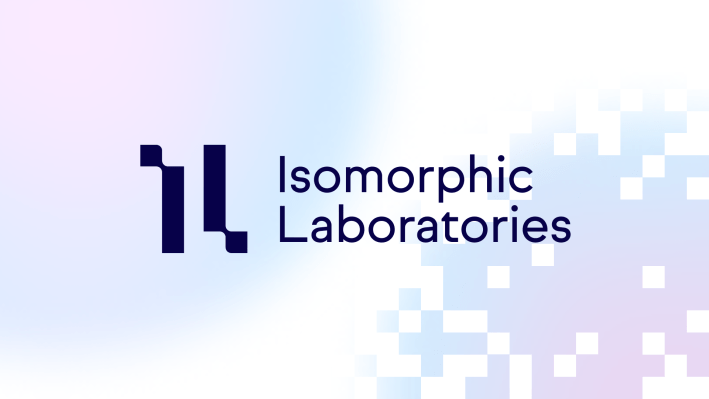Isomorphic ink inks deal with Eli Lilly and Novartis for drug discovery


Isomorphic Labs, the London-based drug discovery-focused spin-out of Google AI R&D division DeepMind, today announced that it has partnered with two pharmaceutical giants, Eli Lilly and Novartis, to use AI to discover new drugs to treat diseases. Have entered into a strategic partnership with. ,
The total value of these deals is approximately $3 billion. Isomorphic will receive a $45 million advance from Eli Lilly and potentially up to $1.7 billion depending on performance milestones, excluding royalties. Meanwhile, Novartis will pay $37.5 million upfront and $1.2 billion in performance-based incentives over time (once again excluding royalties) in addition to funding “select” research costs.
“We are thrilled to begin this partnership and implement our proprietary technology platform,” DeepMind co-founder and Isomorphic CEO Demis Hassabis said in a press release. “Our focus is on pioneering groundbreaking drug design approaches and appreciating cutting-edge science [these] Partnerships[s] Particularly compelling.”
Fiona Marshall, president of biomedical research at Novartis, said in a statement: “Cutting edge AI technologies … have the potential to accelerate how we discover new medicines and our ability to deliver life-changing medicines to patients. It The collaboration harnesses the unique strengths of our companies, from AI and data science to medicinal chemistry and deep disease area expertise, to realize new possibilities in AI-powered drug discovery.
Isomorphic, which Hassabis launched in 2021 under DeepMind’s parent company Alphabet, is based on DeepMind’s AlphaFold 2 AI technology that can be used to predict the structure of proteins in the human body. By uncovering these structures, the hope is that researchers can identify new target pathways to deliver drugs to fight disease.
The technology is not perfect. A recent article in the journal Nature pointed out that AlphaFold sometimes makes obvious mistakes and, in many cases, is more useful as a “hypothesis generator” rather than a replacement for experimental data. But the scale at which the model can generate reasonably accurate protein predictions is beyond most methods that have come before.
Researchers recently used AlphaFold to design and synthesize a potential drug to treat hepatocellular carcinoma, the most common type of primary liver cancer. And DeepMind is collaborating with the Geneva-based Drugs for Neglected Diseases initiative, a non-profit pharmaceutical organization, to apply AlphaFold to design treatments for Chagas disease and leishmaniasis, two of the most deadly diseases in the developing world. To be.
DeepMind announced in October that the latest version of AlphaFold can generate predictions for almost all molecules in the Protein Data Bank, the world’s largest open access database of biological molecules. The model can also accurately predict the structures of ligands – molecules that bind to “receptor” proteins and cause changes in cells’ communication – as well as nucleic acids (molecules that carry key genetic information) and post-translational modifications. (Chemical changes that occur after proteins are made).
Already, Isomorphic is applying the new AlphaFold model – which it co-designed with DeepMind – to therapeutic drug design, helping to characterize a variety of molecular structures important for treating disease. .
There is pressure on Isomorphic to start generating profits. In 2021, the company recorded a loss of £2.4 million (~$3 million) as it increased hiring ahead of opening its second office in Lausanne, Switzerland.

